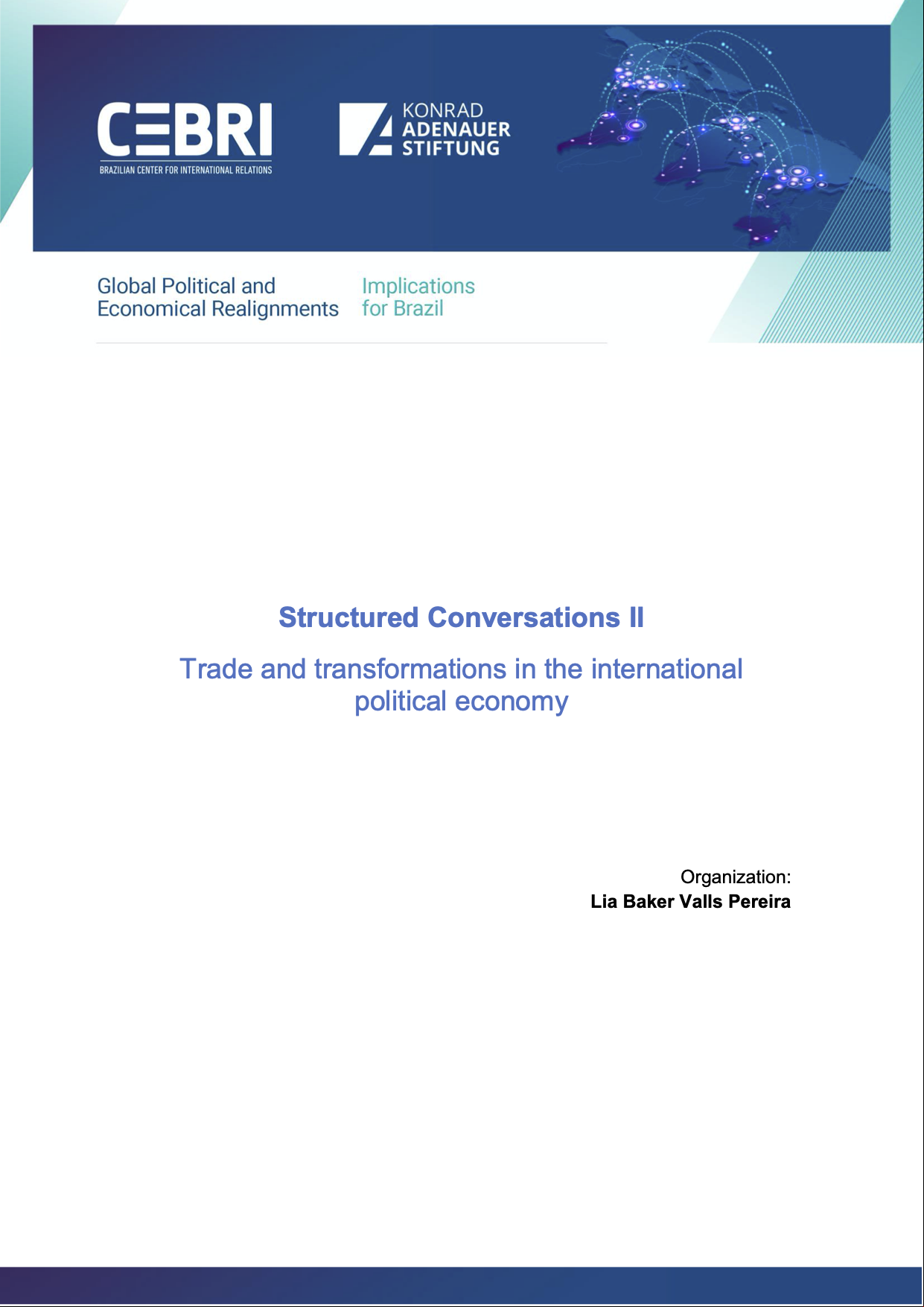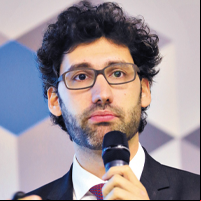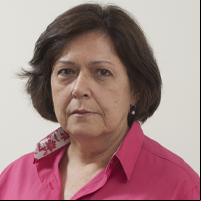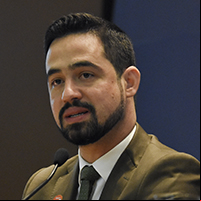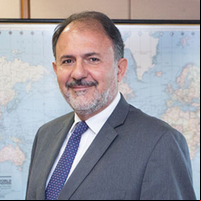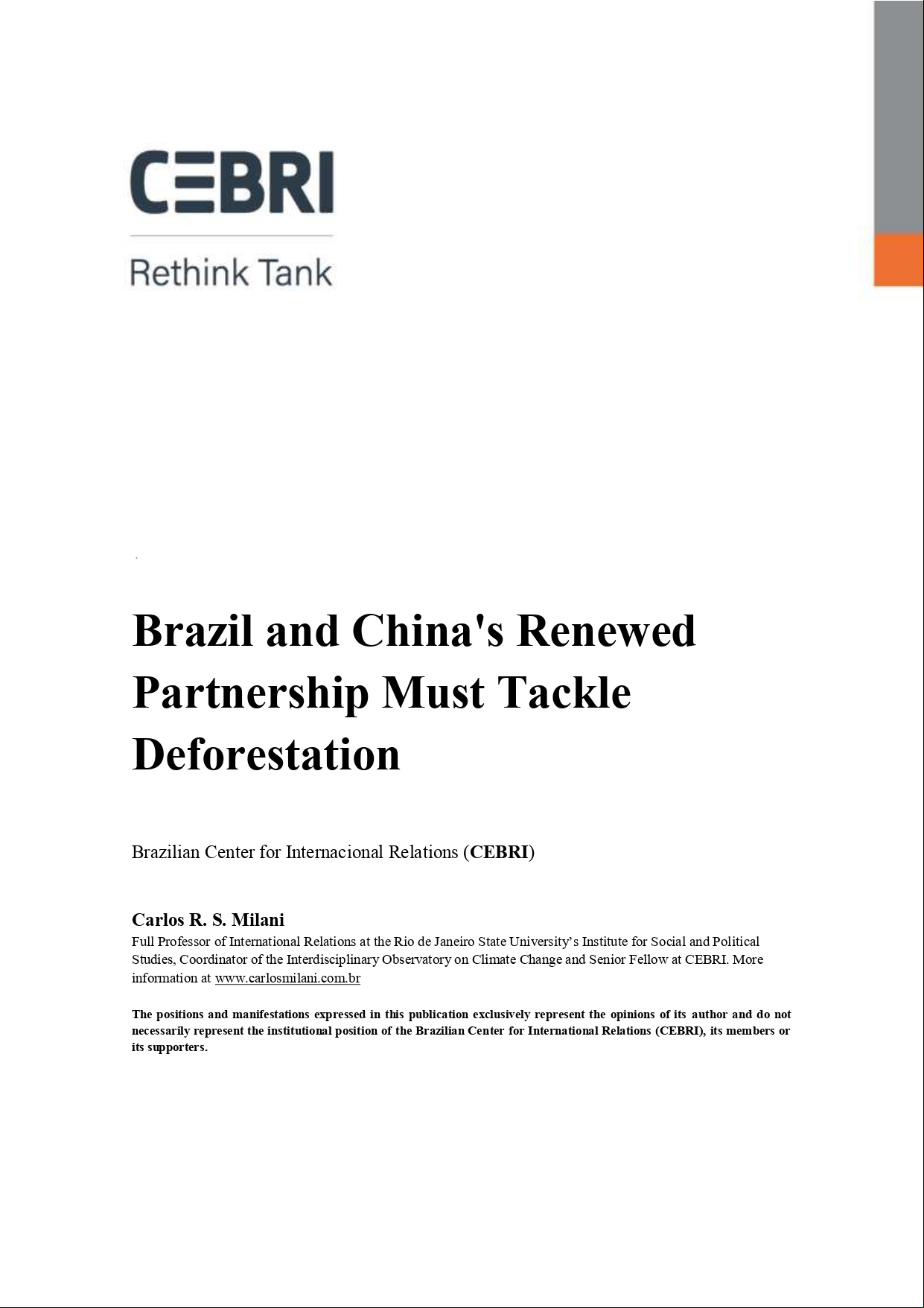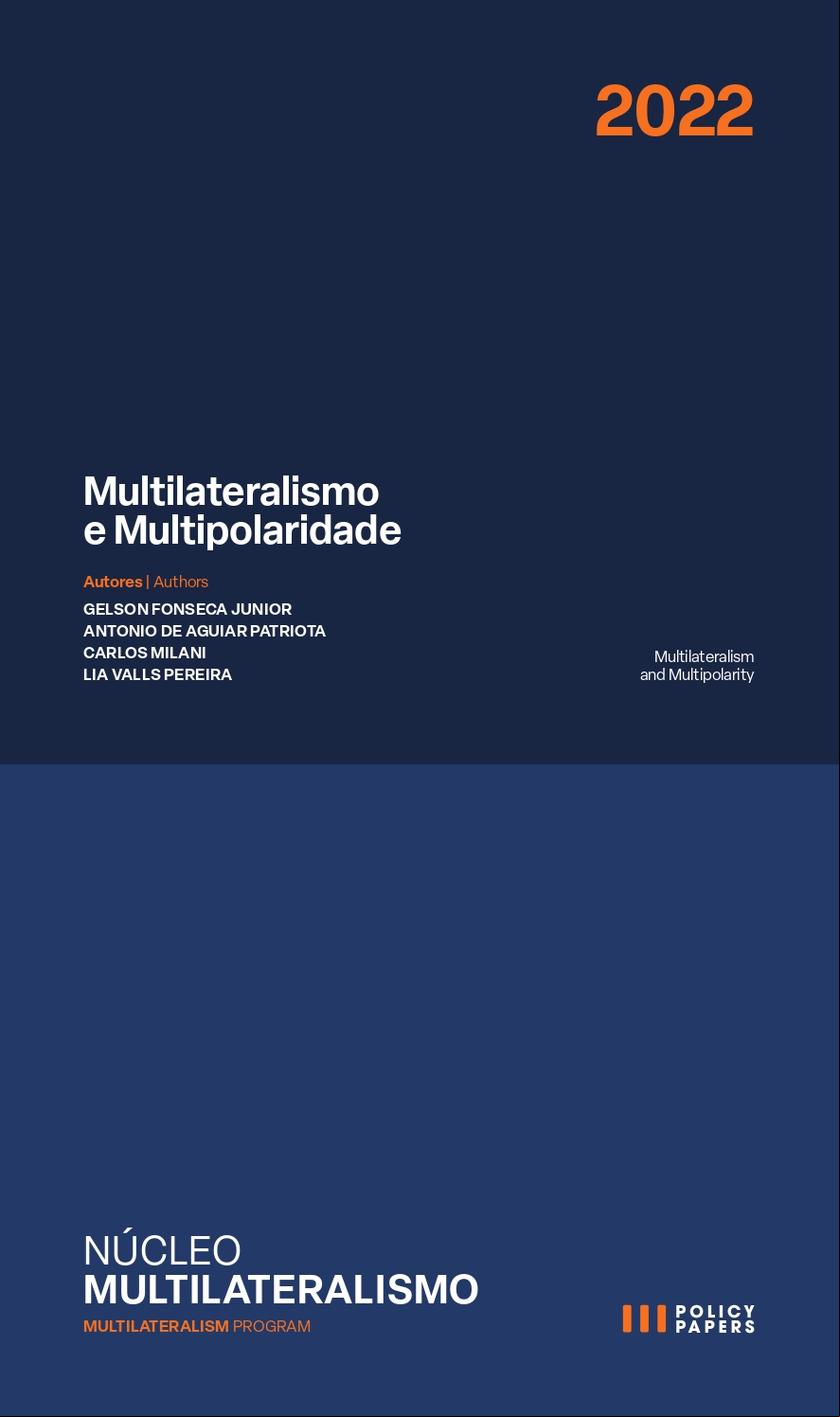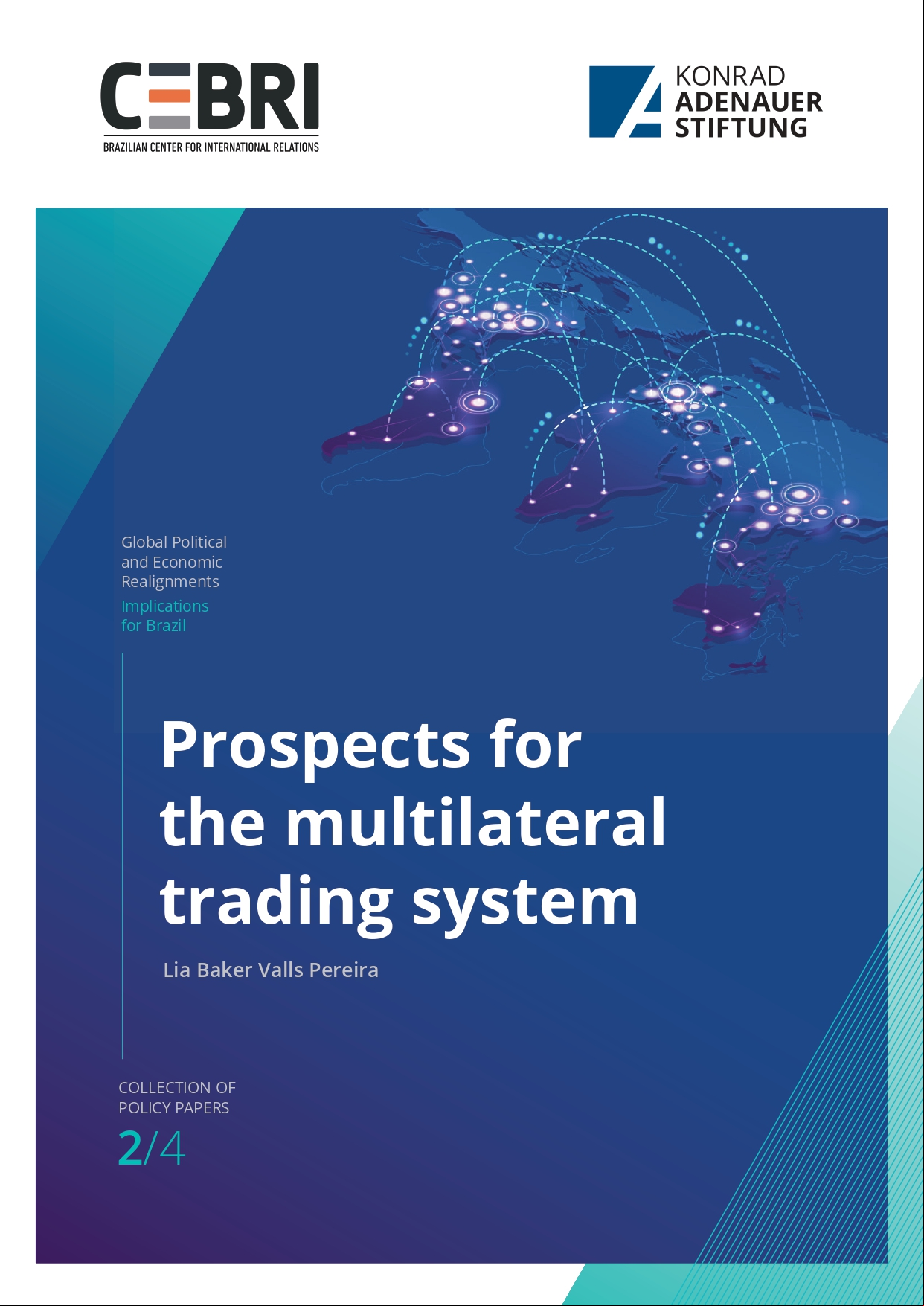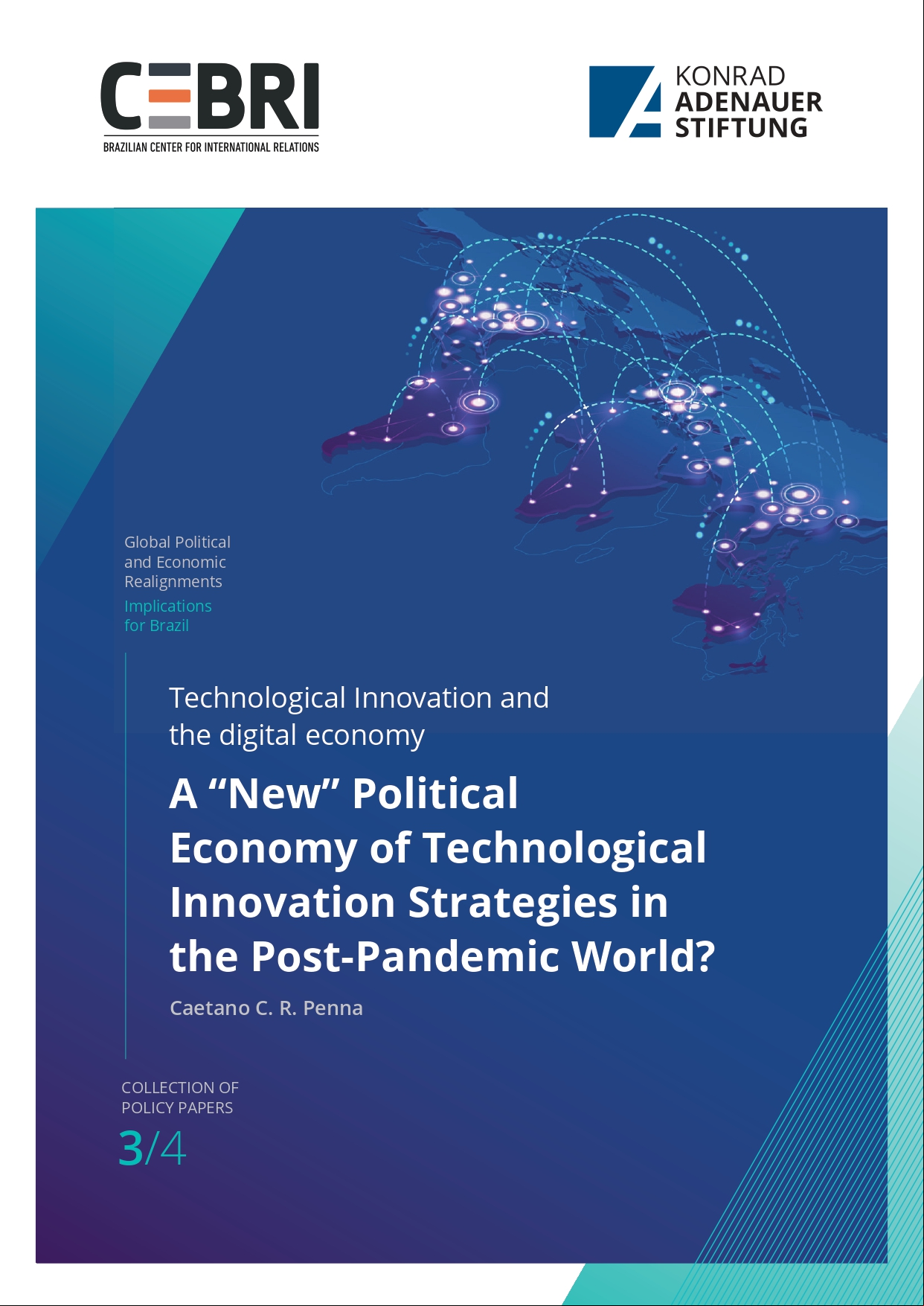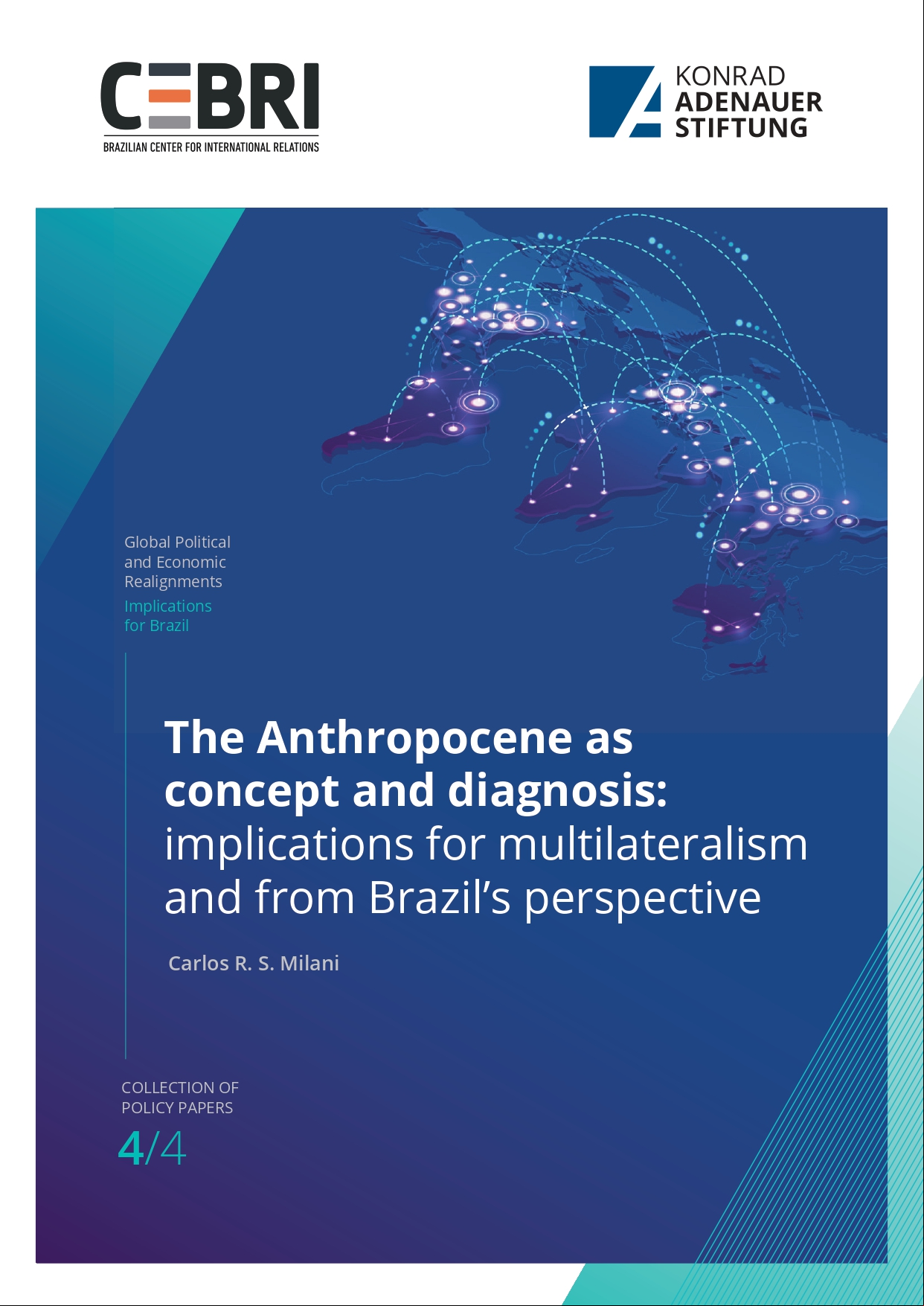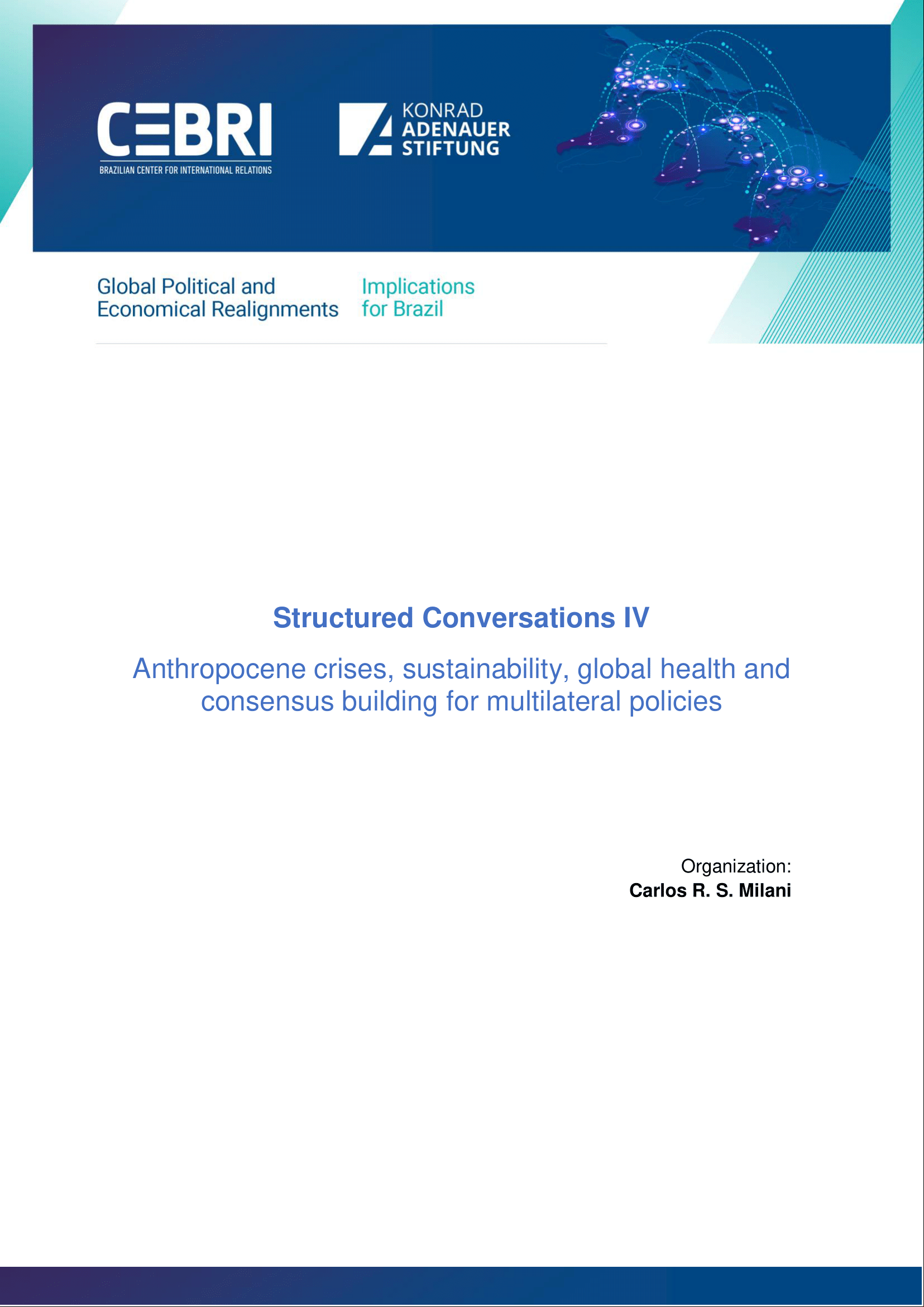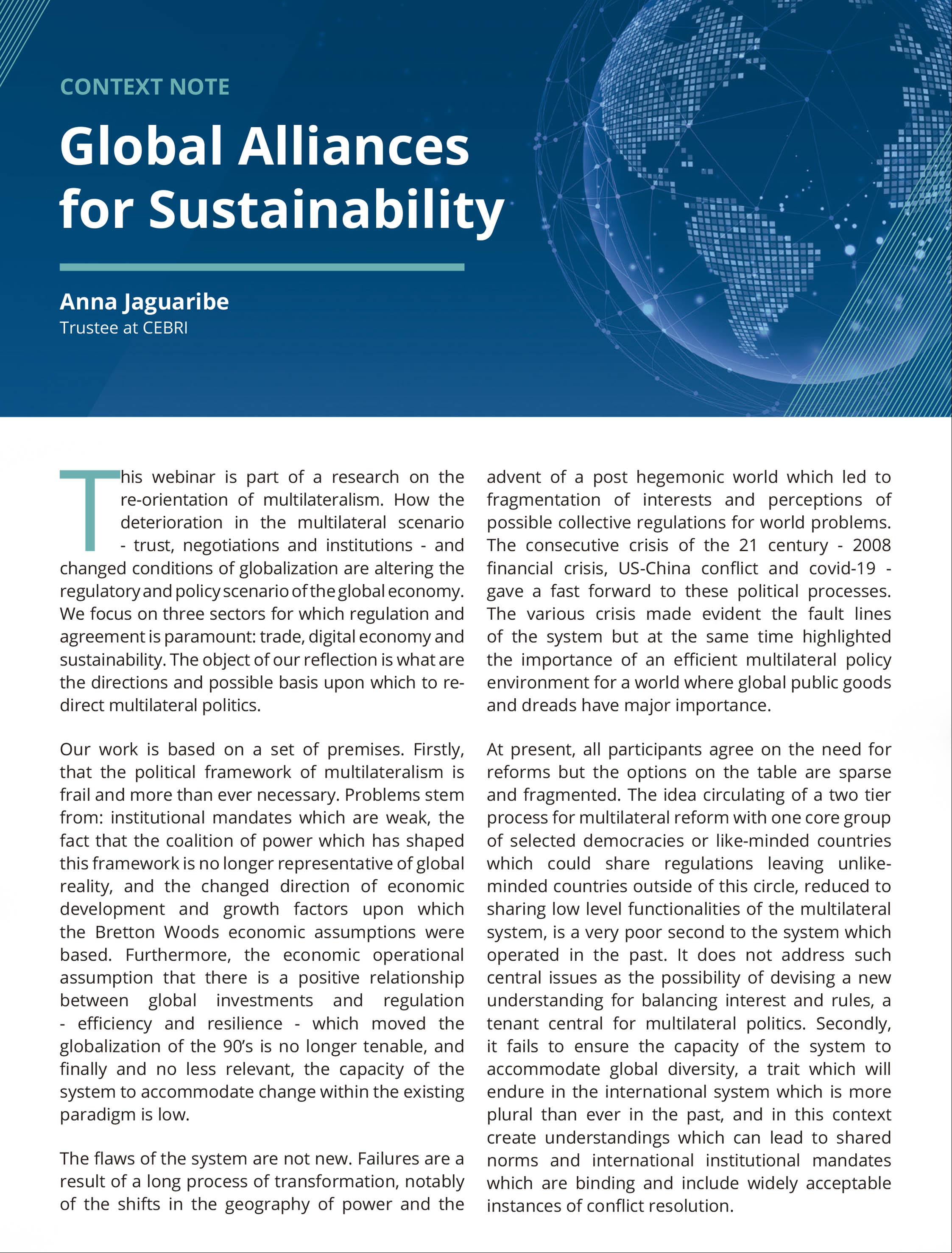Interviews 6z332u
Structured Conversations II: Trade and Transformations in the International Political Economy 3r5v1f
- Multilateralism
- 08 november 2021
These Structured Conversations refer to the second thematic axis of the CEBRI-KAS 2021 project, "Trade and Transformations in the International Political Economy" and aim to reflect on international trade from the perspectives of the Latin American region, in particular South America. Addressing the possibilities of common strategies between the countries of the region in the face of the main challenges in the commercial sphere, topics such as the tensions between the United States and China, negotiations in the WTO, and protectionism are discussed. 55386d
The participants in these conversations were selected based on their expertise in international trade, political economy, and Latin American politics, and they contribute with perspectives from key sectors for the region's economic development. This axis is coordinated by Lia Baker Valls Pereira, Adjunct Professor at the School of Economics and the Post-Graduate Program in International Relations at the State University of Rio de Janeiro (UERJ).
Anabel González
"A revitalized WTO, with strengthened negotiation, dispute settlement and monitoring functions will serve the world well in order to tackle the pandemic and other global challenges confronting humanity, including climate change. The time to act is now."
Fabrizio Sardelli Panzini
"I believe that market access issues like services, agriculture, and industrial and agricultural subsidies in general need to be tied together and involve all WTO . So in these cases, it seems to me that a multilateral agreement is the only way to favor South American countries."
Ivan Tiago Machado Oliveira
"In the end, national strategies have always overlapped with regional agendas when there was a clear mismatch between them."
Jorge Arbache
"Critical issues for the region to break out of the middle-income trap necessarily go through agendas of intellectual property, services, digital economy, and increasingly the green agenda."
Leonardo Paz
"I believe that some arrangements can start small and, as they gain more ers, they can take shape and lead to broader agreements at the multilateral level."
Raphael Padula
"In an era in which geopolitics or the dispute for global power is accelerated and led by large (continental) countries, articulation in the scope of integration is fundamental, especially for states with less military, economic and political power."
Renato Baumann
"There don't seem to be many issues in which Latin American countries would consider themselves 'like minded' to formulate common proposals. This is not to say that such issues do not exist. Differential treatment for developing economies, tariff escalation, the adoption of some non-tariff barriers disguised as environmental or labor policies, are topics in which there would probably be common interests."
Tatiana Prazeres
"Common strategies in South America should make sense. They should not depend on political circumstances or economic cycles of the countries in the region."
Thauan Santos
"Given the belief that regionalization will tend to increase in some regions, disted and autonomous national strategies tend to become out of place and, in some cases, isolated. For Brazil, due to its regional relevance, a proactive and leading role would be advisable."
Partner: Konrad Adenauer Foundation (KAS)
These Structured Conversations refer to the second thematic axis of the CEBRI-KAS 2021 project, "Trade and Transformations in the International Political Economy" and aim to reflect on international trade from the perspectives of the Latin American region, in particular South America. Addressing the possibilities of common strategies between the countries of the region in the face of the main challenges in the commercial sphere, topics such as the tensions between the United States and China, negotiations in the WTO, and protectionism are discussed.
The participants in these conversations were selected based on their expertise in international trade, political economy, and Latin American politics, and they contribute with perspectives from key sectors for the region's economic development. This axis is coordinated by Lia Baker Valls Pereira, Adjunct Professor at the School of Economics and the Post-Graduate Program in International Relations at the State University of Rio de Janeiro (UERJ).
Anabel González
"A revitalized WTO, with strengthened negotiation, dispute settlement and monitoring functions will serve the world well in order to tackle the pandemic and other global challenges confronting humanity, including climate change. The time to act is now."
Fabrizio Sardelli Panzini
"I believe that market access issues like services, agriculture, and industrial and agricultural subsidies in general need to be tied together and involve all WTO . So in these cases, it seems to me that a multilateral agreement is the only way to favor South American countries."
Ivan Tiago Machado Oliveira
"In the end, national strategies have always overlapped with regional agendas when there was a clear mismatch between them."
Jorge Arbache
"Critical issues for the region to break out of the middle-income trap necessarily go through agendas of intellectual property, services, digital economy, and increasingly the green agenda."
Leonardo Paz
"I believe that some arrangements can start small and, as they gain more ers, they can take shape and lead to broader agreements at the multilateral level."
Raphael Padula
"In an era in which geopolitics or the dispute for global power is accelerated and led by large (continental) countries, articulation in the scope of integration is fundamental, especially for states with less military, economic and political power."
Renato Baumann
"There don't seem to be many issues in which Latin American countries would consider themselves 'like minded' to formulate common proposals. This is not to say that such issues do not exist. Differential treatment for developing economies, tariff escalation, the adoption of some non-tariff barriers disguised as environmental or labor policies, are topics in which there would probably be common interests."
Tatiana Prazeres
"Common strategies in South America should make sense. They should not depend on political circumstances or economic cycles of the countries in the region."
Thauan Santos
"Given the belief that regionalization will tend to increase in some regions, disted and autonomous national strategies tend to become out of place and, in some cases, isolated. For Brazil, due to its regional relevance, a proactive and leading role would be advisable."
Partner: Konrad Adenauer Foundation (KAS)
